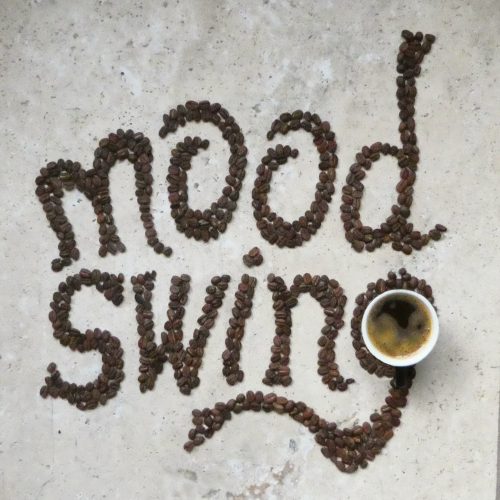You’re up. You’re down. And you’re back on your feet in no time. It appears that you spend your days on a roller coaster of emotions.
Are these alterations normal? The answer is “maybe,” as long as they don’t interfere with your life or the lives of others.

Many factors might influence your mood during the day. Most people, for example, feel optimistic and active around midday due to biological rhythms, but have more negative sensations in the early afternoon or evening.

Mood swings can sometimes be a sign of a mental disease. Alternatively, they could be a sign that something else is going on in your body.
Medical practitioners can manage serious mood swings that endanger your health. Mild cases might typically benefit from a change in lifestyle. However, you must first determine what is producing your choppy ride.
Anxiety and Stress

Day-to-day annoyances and unexpected events, both happy and unpleasant, can drastically alter your attitude. And if you’re very sensitive, you might respond to situations more forcefully or frequently than other people.
Sleep deprivation, a typical problem among stressed persons, does not help.

Even when there is no cause for them to feel uneasy, afraid, or anxious, some people do. If you’ve had problems controlling your anxieties on a regular basis for the previous six months and have additional symptoms like trouble sleeping, you could be diagnosed with generalized anxiety disorder. It can be nearly impossible to get through the day when it is severe.
Bipolar Disorder
Bipolar disorder causes extreme highs and lows that are significantly more powerful and continue much longer than normal mood swings.

For example, it’s natural to feel wonderful for a day or two, as if everything is going your way.
A person with bipolar disorder, on the other hand, can spend several days or weeks being the life of the party, rushing around, talking quickly, not sleeping much, and doing damaging things like draining the family’s money account.

This is referred to as a manic period. They could be able to hear voices as well.
Similarly, it’s not uncommon to struggle to get out of bed in the morning to go to a job you despise. However, someone with bipolar disorder may lose their employment if they stay in bed for four days.

They may be unmotivated, depressed, or suicidal. This is referred to as the sad period. Every year, 3% of adult Americans suffer with this treatable mental condition.
Depression
Mood fluctuations are common among those who are depressed. They’ll have their lows, then feel fine, but they won’t experience the manic highs that bipolar patients do. People who are depressed may feel worse in the morning and then improve later in the day.

It’s time to see your doctor if you’ve felt depressed, exhausted, restless, or despairing for more than two weeks.
Borderline Personality Disorder is a type of personality disorder.

Sudden, severe mood swings — such as anxious to furious or depressed to anxious — are a feature of this mental disease, which normally lack the tremendous highs seen in bipolar disorder.
These are frequently “activated” by seemingly innocuous interactions with others. Stress is difficult for someone with borderline personality disorder. When they are disturbed or restless, they may wish to harm themselves.

Attention Deficit Disorder Attention Deficit Hyperactivity Disorder (ADHD)
Adults with ADHD may have mood swings, a short fuse, and a proclivity for becoming frustrated. You’re probably restless, impulsive, and unable to concentrate if you have it.
Hormonal Alterations

Because sex hormones are linked to emotions, variations in hormone levels can cause mood swings. Teenagers are frequently labeled as “moody,” which is understandable.





